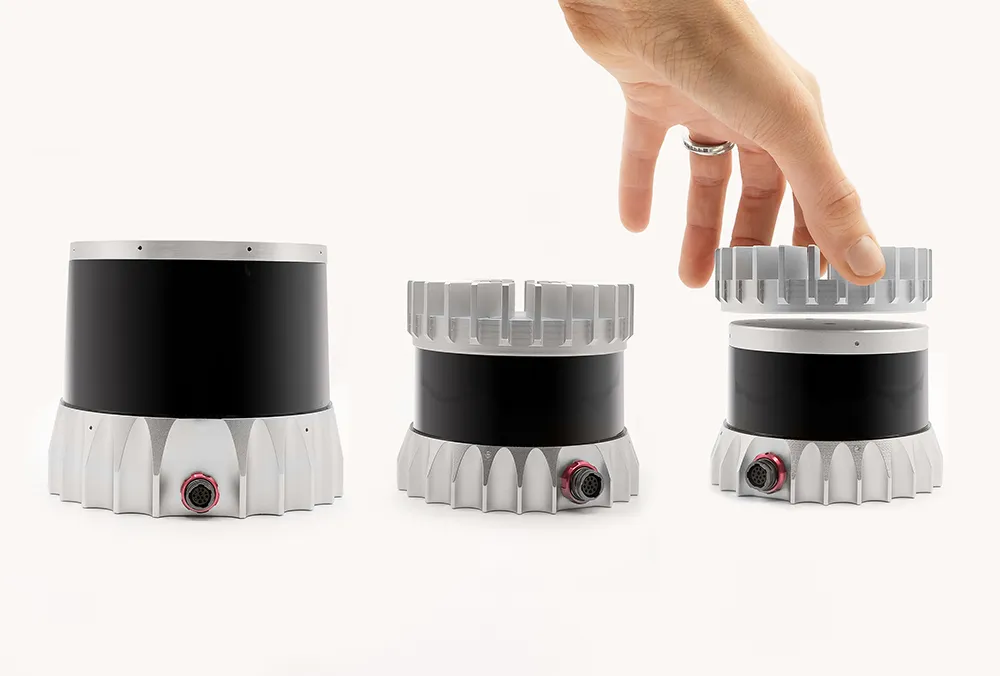Here claims its Live Sense SDK uses artificial intelligence and machine learning to turn front-facing cameras such as smartphones and dashcams into vehicle sensors which can detect other vehicles, pedestrians or cyclists, potholes and road closures.
Live Sense then provides information through audio and visual notifications to help the driver take appropriate action. It can also keep drivers informed of a change in speed limit, the company adds.
Here’s chief operating officer Angel Mendez says: “Today there are still millions of commercial and passenger cars on the roads without the necessary technology to keep drivers informed about potential hazards. The Here Live Sense SDK will help to change that.”
The solution is available to automotive OEMs, fleet and ride-hailing operators and app developers in beta for Android devices. An iOS version will be released soon.
Here unveils Live Sense road hazard SDK
Here Technologies has released a software development kit (SDK) which it says provides real-time insights on driving conditions and upcoming obstacles without the need for connectivity.
Here claims its Live Sense SDK uses artificial intelligence and machine learning to turn front-facing cameras such as smartphones and dashcams into vehicle sensors which can detect other vehicles, pedestrians or cyclists, potholes and road closures.
Live Sense then provides information through audio and visual notificati
October 14, 2019
Read time: 2 mins
Related Content











